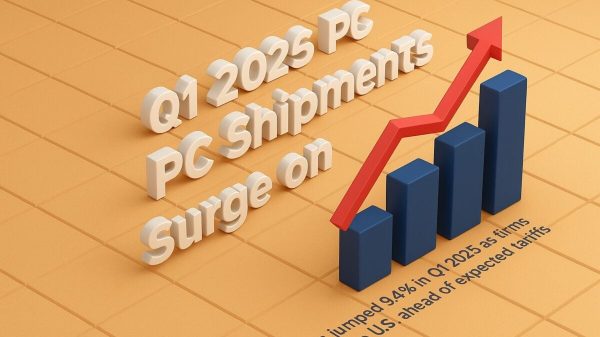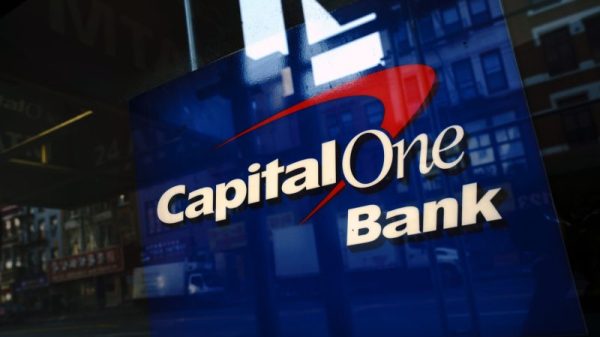By Yoruk Bahceli and Dhara Ranasinghe
LONDON (Reuters) – Euro zone markets swung on Thursday after the European Central Bank gave up a long-standing hawkish tilt but analysts were split on the signals it gave on how fast it will cut rates.
At first sight all looked rosy for markets betting on speedy rate cuts from the ECB next year as the economic outlook sours and given potential tariffs from U.S. President-elect Donald Trump and political turbulence in France and Germany.
The central bank, which delivered its fourth rate cut of the year on Thursday, no longer pledged to keep “keep policy rates sufficiently restrictive for as long as necessary” to bring down inflation.
It sounded confident that inflation is going to settle at its 2% target on a “sustained basis”.
But that was couched in caution that the ECB wasn’t sticking to a particular rate path, hardly a comfort for markets betting on back-to-back rate cuts going into next year.
And as ECB chief Christine Lagarde spoke, markets clung onto further signs of caution, sending interest-rate sensitive German two-year yields up around 5 basis points and Italian 10-year yields over 10 bps higher.
“I can see why the markets (took) it a little bit hawkishly, and she didn’t quite endorse market pricing as much as expected,” said Rabobank senior rates strategist Lyn Graham-Taylor.
Analysts said one key factor that didn’t sit well with markets was Lagarde’s comments on the so-called ‘neutral rate’, which neither stimulates nor restricts the economy, which she said policymakers did not discuss.
After all, markets are betting the bank’s key rate will fall to roughly 1.75% by end-2025, the bottom end of ECB estimates Lagarde pointed to on Thursday putting the rate at 1.75%-2.5%.
Lagarde added the thinking was that the neutral rate was a “little higher” than before.
Arne Petimezas, director of research at Dutch broker AFS Group, said Lagarde’s comment on services inflation still remaining high also made her sound “quite hawkish”.
In sign of investor confusion, the euro slipped around a third of a percent to $1.0468 in afternoon European trade before recovering to $1.05.
WHAT NEXT?
While markets wavered on Thursday, the overall direction for ECB expectations was broadly unchanged, with traders continuing to bet on speedy cuts ahead.
They expect over 120 bps of rate cuts by end-2025, only marginally lower than before the ECB’s decision.
And they still bet on non-negligible chances of jumbo 50 basis-point moves at the next two meetings — around a 20% chance in January, and a nearly 30% chance of one in March.
So, some analysts thought the direction was clear, a point Lagarde was explicit about.
“Lagarde was as dovish as she could be,” said Danske Bank (CSE:DANSKE) chief analyst Piet Christiansen, pointing to her comments on inflation risks now being two-sided, labor demand weakening and downside risks to growth.
She “kept the door open and allowed the market to speculate on a jumbo rate cut.”
And for all Lagarde’s caution around the neutral rate, she said the bank would likely debate it “more and further as we get closer to where it eventually is.”
“I was struck by her very last words. She said when we get to the neutral rate, not if — there is absolutely no question in her words about the direction of travel,” said Pictet Wealth Management’s head of macroeconomic research Frederik Ducrozet.
The ECB meanwhile cut its growth forecast to 1.1% next year and 1.4% in 2026, higher than a recent Reuters poll which expects 1% growth next year and 1.2% in 2026.
ING’s global head of macro Carsten Brzeski said he thought the ECB was paying to much attention to inflation, given that many believe the ECB was too late to hike rates when inflation surged.
Indeed, a handful of policymakers initially wanted a larger interest-rate cut on Thursday, worried among other things that new U.S. tariffs would hamper economic growth, three sources told Reuters.
“By focusing too much on the mistakes of the past, they run the risk of making a new mistake and that is being too late to save the economy,” Brzeski said.

































